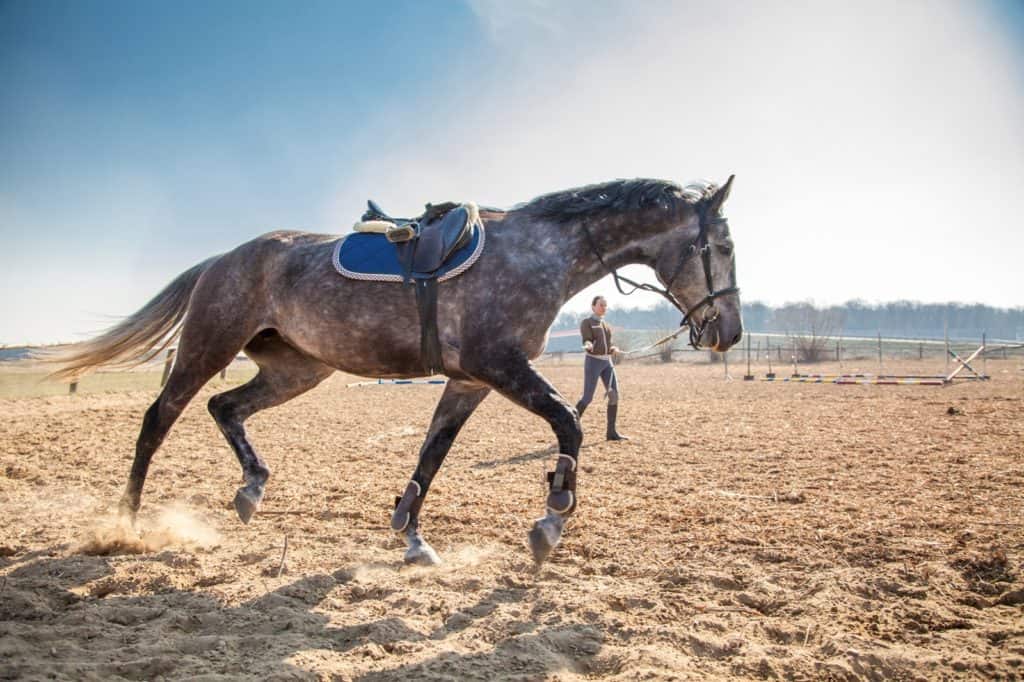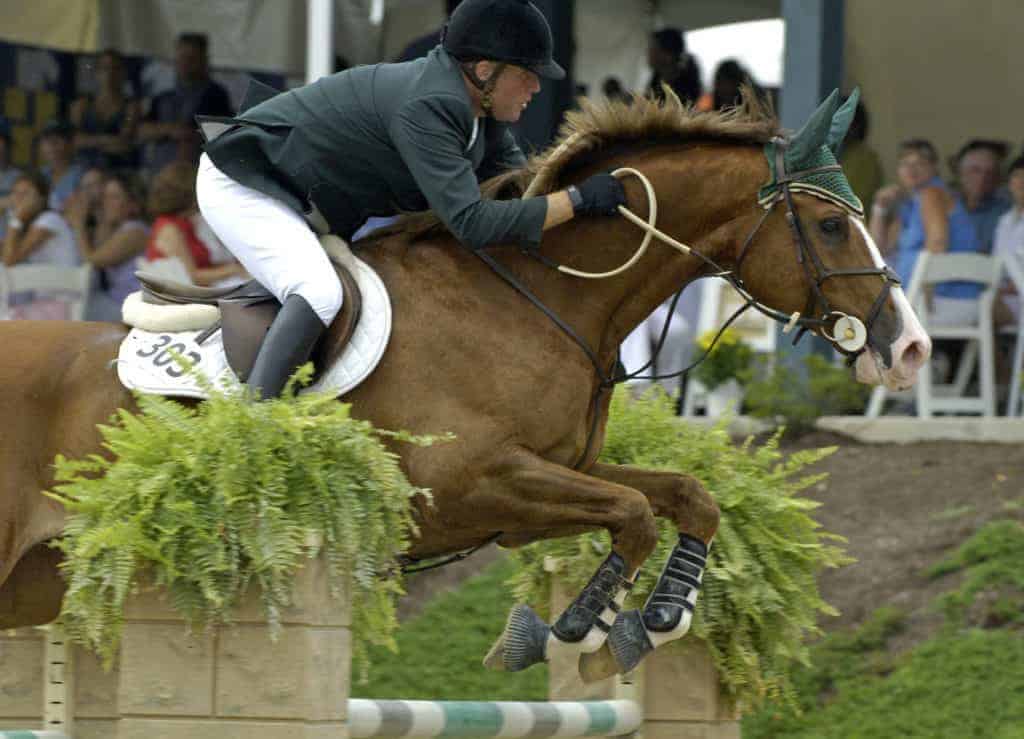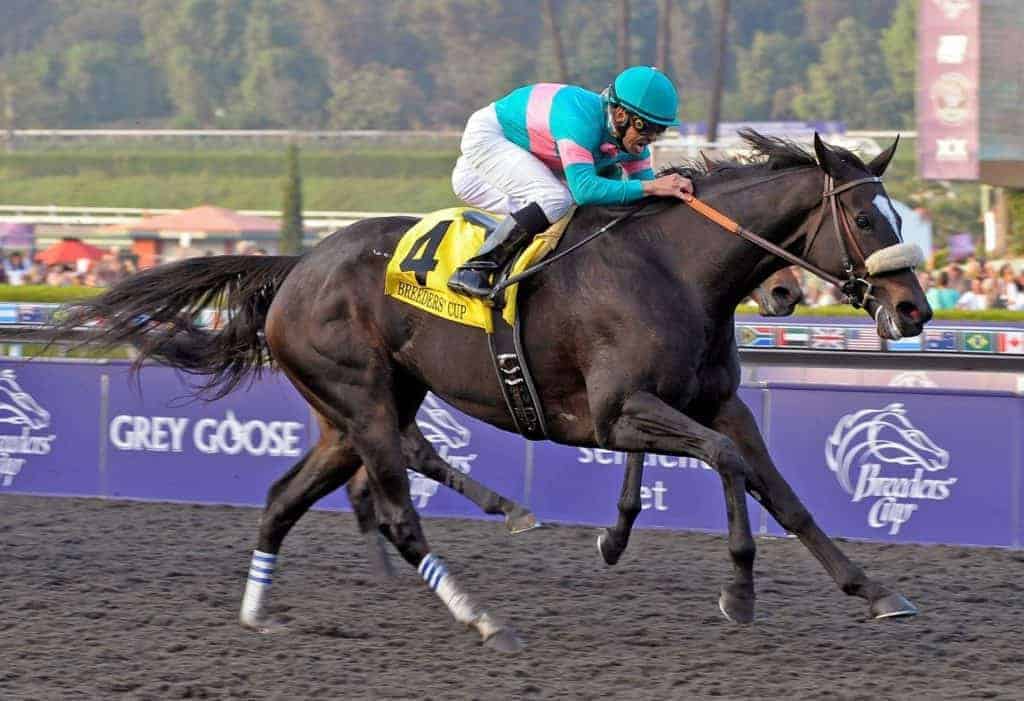
Feeding Endurance Horses
Feeding hard-working endurance horses is as much art as it is science. Our sources walk you through an endurance horse’s diet, from conditioning to post-race.

Feeding hard-working endurance horses is as much art as it is science. Our sources walk you through an endurance horse’s diet, from conditioning to post-race.

Learn about exhausted horse syndrome, its clinical signs and causes, and how to prevent and treat it.

Training horses in the spring and summer can present some challenges. Learn how your horse’s body adapts to exercise training, how he acclimates to spring and summer weather conditions, and what you can do to help him perform at his best.

Horses lose large quantities of sodium, potassium, and chloride, as well as smaller amounts of magnesium and calcium, through their sweat. Supplementation before work might help.

Study: Working horses in moderately low-oxygen conditions—typical of slightly higher altitudes—could lead to more endurance and better race times for Thoroughbreds.

Taking a horse from a sedentary state to active working fitness can be a form of rehabilitation. However, there’s no one-size-fits-all program. Learn how to safely transition your horse into an exercise program.

Discover useful information about an eventing horse’s fitness and ability by looking at these three measurements.

As much credit as we give horses for their metaphorical hearts, the actual blood-pumping organs generally get far less attention than other bodily systems. Take an in-depth look at the cardiovascular exam, common cardiac abnormalities, and treatment options.

Working with your veterinarian, farrier, and trainer and considering your horse’s physical, mental, and social needs will help you make the best decision for when and how you should transition him to a more leisurely lifestyle.

In the first of this two-part series, we’ll explore full-body rehabilitation options, from the horse’s head to tail.

This common exercise modality can be surprisingly risky; learn how to keep your horse—and yourself—safe.

Good footing, proper conditioning, balanced nutrition, and careful attention to joints and soft tissues are key to maintaining eventers, hunter/jumpers, and dressage horses.

Find out how Claire Godwin, DVM, keeps her 27-year-old endurance horse PL Mercury in elite condition, from joint support to conditioning tactics.

Monitor and optimize your horse’s training, diet, health, and shipping experience in order to help him perform his best.

Drs. Erin Denney-Jones and Ann Rashmir-Raven offer advice for prolonging a Cushing’s horse’s career.

An ideal conditioning and racing program allows racehorses to perform at their peak, remain sound through their racing careers, and be ready to commence a second career in another discipline.
Stay on top of the most recent Horse Health news with
"*" indicates required fields